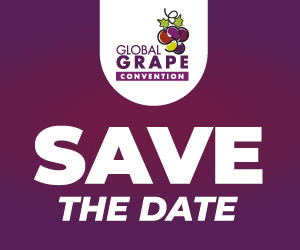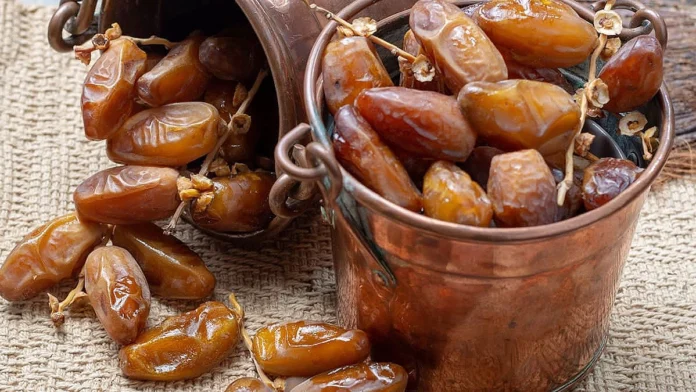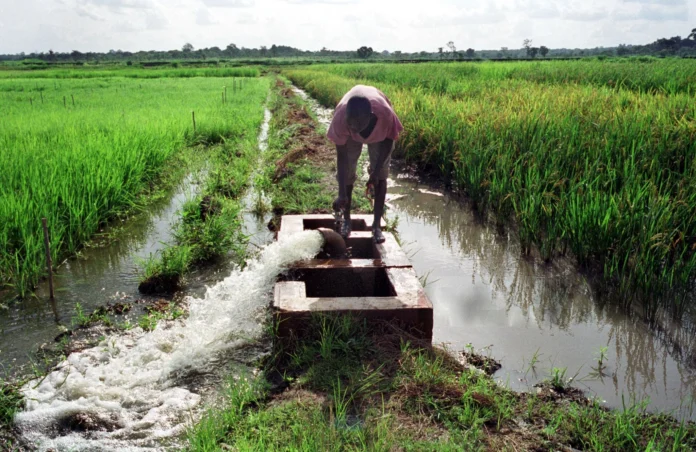Arabfields, Sana Dib, Financial Correspondent Johannesburg, South Africa —Uganda, often overlooked on the international specialty coffee scene, is starting to make waves through targeted and ambitious initiatives. On November 17, 2025, the Ugandan Embassy in Berlin, in partnership with two renowned Ugandan producers … Sera Wild Coffee and Mimea Coffee … hosted a professional “cupping” (coffee tasting) event in Hamburg, Germany. This highly specialized gathering aimed to promote premium Ugandan Arabica and Robusta coffees to key players in the German market, one of Europe’s largest coffee importers.
In a global coffee market dominated by giants like Brazil, Vietnam, Colombia, and Ethiopia, this diplomatic and commercial initiative marks a significant step in Uganda’s strategy to enhance the value of its coffee production. As Africa’s second-largest coffee producer after Ethiopia, Uganda exports over 6 million 60-kg bags annually, but much of this volume is still sold as commodity-grade coffee rather than high-value specialty coffee. The Hamburg event is part of a broader effort to change that narrative.
A Strategically Chosen Venue at the Heart of Europe’s Coffee Trade
Hamburg was no random choice. The Port of Hamburg is continental Europe’s primary entry point for coffee and one of the world’s largest hubs for green bean imports. Millions of tonnes of coffee pass through its facilities each year, undergoing rigorous quality checks. It was in this ultra-professional environment that Alexander Brabandt, coffee analyst at the Port of Hamburg, opened the session with a detailed overview of Ugandan coffees currently arriving in Germany.
He explained that the port’s quality standards … moisture levels, physical defects, and sensory profiles … are uncompromising. To increase both export volumes and unit value, Ugandan producers must meet and exceed these international benchmarks. Mr. Brabandt highlighted untapped potential: with improved post-harvest processing (drying, sorting, and storage), Uganda could easily shift a significant portion of its production into the “specialty coffee” category, scoring above 80 points on the Specialty Coffee Association (SCA) scale.
A Tasting That Revealed the Diversity and Richness of Ugandan Profiles
The highlight of the event was, of course, the cupping itself. Thirteen coffees from various Ugandan farmers were presented in a professional cupping format: washed Arabicas from the mountainous eastern regions (Mount Elgon, Rwenzori) alongside natural and semi-washed Robustas from central and western Uganda.
Participants … German importers, roasters, traders, and experts … discovered an exceptionally rich aromatic palette: notes of tropical fruits (pineapple, mango), dark chocolate, nuts, and sometimes surprising floral or spicy accents, even in Robusta — a variety traditionally regarded as more “rustic.” These profiles prove that Uganda has nothing to envy from more publicized origins and that quality is soaring thanks to the efforts of producers and modern washing stations.
Uganda’s Ambassador to Germany, His Excellency Danny Ssozi, joined by Deputy Ambassador Jessica Namuddu and Milly Nanfuma (tourism desk officer), emphasized the embassy’s full commitment to building lasting trade relationships. “We are not just selling coffee; we are selling a story, a unique terroir, and communities that deserve fair compensation,” he declared.
Concrete Partnerships on the Horizon
Feedback from German professionals was unanimously positive. Several importers expressed interest in establishing direct contracts with the producers present, bypassing traditional middlemen and ensuring better prices for farmers. In-depth discussions focused on traceability, organic or Rainforest Alliance certification, and opportunities to import very high-scoring micro-lots.
This event is part of a wider strategy by the Ugandan Embassy in Berlin: regularly organizing targeted promotions across Europe (upcoming events announced in Berlin, Munich, and at trade fairs such as World of Coffee). The stated goal is clear: to raise the share of Ugandan coffee sold as specialty from less than 10% today to over 30% within five years.
Is Uganda the Next African Leader in Specialty Coffee?
With an ideal climate, volcanic-rich soils, and altitudes ranging from 900 to 3,000 meters, Uganda has all the natural assets to produce exceptional coffees. Add to that recent investments in farmer training, community washing stations, and certification programs, and the country is undergoing a true quality revolution.
Ugandan Robusta, in particular, is gaining growing recognition: long relegated to the role of cheap blending ingredient for espresso, it is now sought after by the most discerning roasters for its intense cocoa notes and abundant crema. Coffees from producers like Sera Wild Coffee (sourced from natural forests) and Mimea Coffee (with strong social and environmental projects) perfectly embody this new wave.
A Powerful Signal for the Ugandan Economy
Beyond the sensory pleasure, the Hamburg event sends a strong economic and diplomatic message. By multiplying initiatives of this kind, Uganda demonstrates its determination to capture a greater share of the value added from its coffee sector, which accounts for nearly 20% of the country’s export revenue and directly or indirectly supports over 12 million Ugandans.
At a time when European consumers are increasingly sensitive to traceability, fairness, and sustainability, Ugandan coffee has all the right cards to establish a lasting presence on the shelves of German coffee shops and fine grocers … and beyond.
The next cup of coffee you enjoy might well come from the lush foothills of Mount Elgon or the shores of Lake Victoria. And thanks to events like the one in Hamburg, it has every chance of being exceptional.












